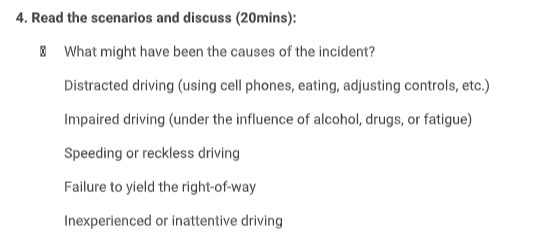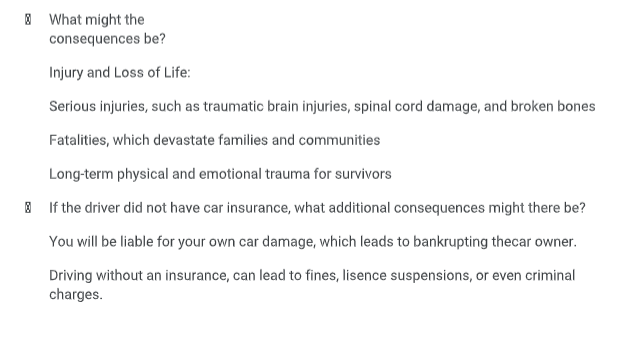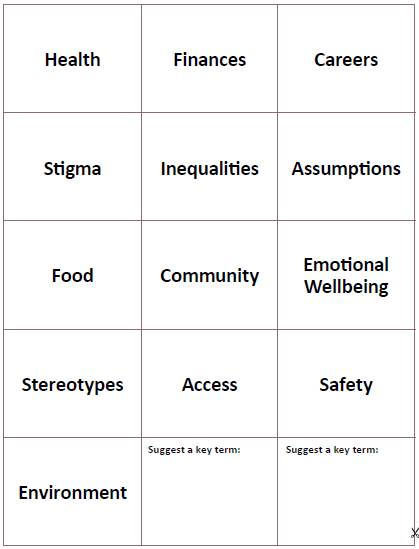Secondary PSHCE - Term 3b
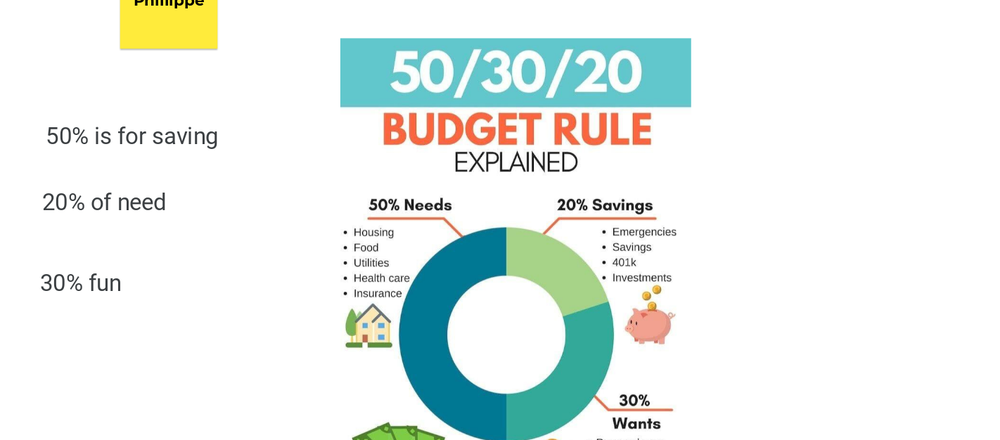
28th June 2024
Financial Literacy Takes Center Stage for Year 7 Students
Year 7 students have been diving into the world of financial literacy, focusing on key areas essential for making sound financial decisions. They have been learning about budgeting, distinguishing between wants and needs, understanding investments, managing debt, saving effectively, and applying the 50/20/30 rule.
To showcase their understanding, students created informative Jamboard presentations on these topics. These interactive boards highlight their insights and creative approaches to financial planning.
Budgeting: Students explored how to allocate their income effectively, ensuring all necessary expenses are covered while also saving for future goals.
Wants vs. Needs: Understanding the difference between essential and non-essential spending is crucial. Students identified various wants and needs, demonstrating their ability to prioritise and make informed spending choices.
Investments: The concept of making money work for you was a fascinating topic for the students.
Debt Management: Learning about debt, including managing and avoiding it, was a key focus.
Saving Strategies: Emphasising the importance of saving, students discussed various saving techniques and goals.
50/20/30 Rule: This popular budgeting rule divides income into three categories: 50% for needs, 20% for savings and debt repayment, and 30% for wants. Students applied this rule to hypothetical scenarios, demonstrating how it helps maintain a balanced and sustainable budget.
The Jamboard presentations were a creative way for students to show what they learned and share their knowledge with their peers. Through these activities, Year 7 students are gaining valuable skills that will help them navigate their financial futures with confidence and responsibility.
Miss Kihuha
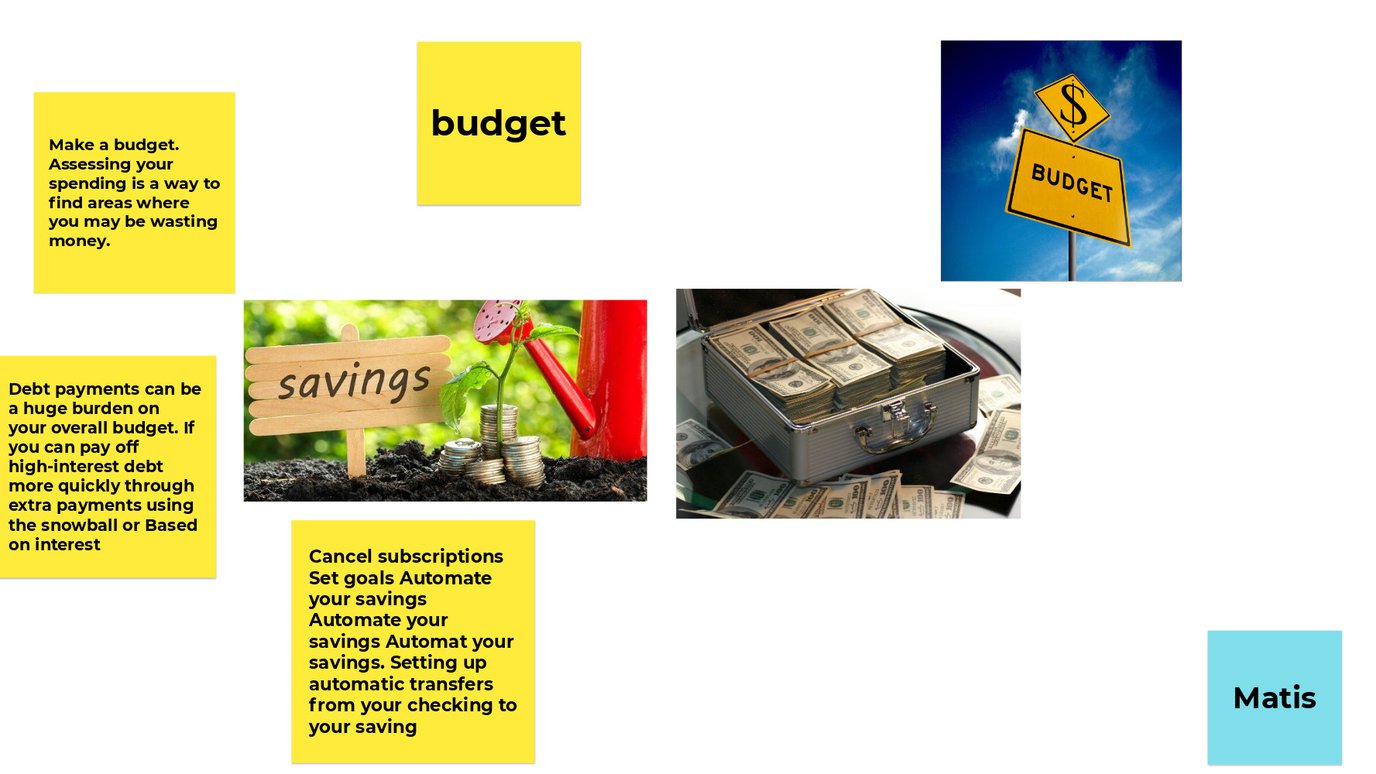
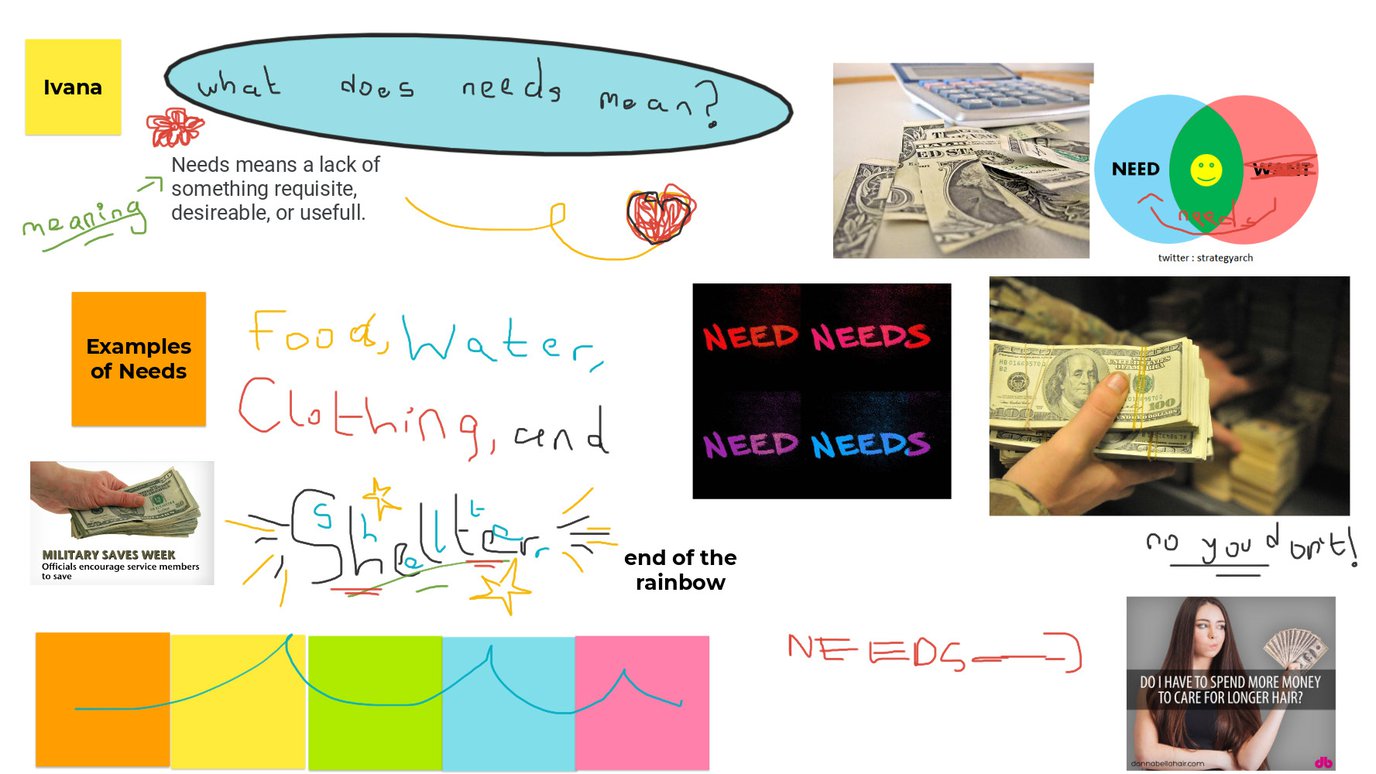


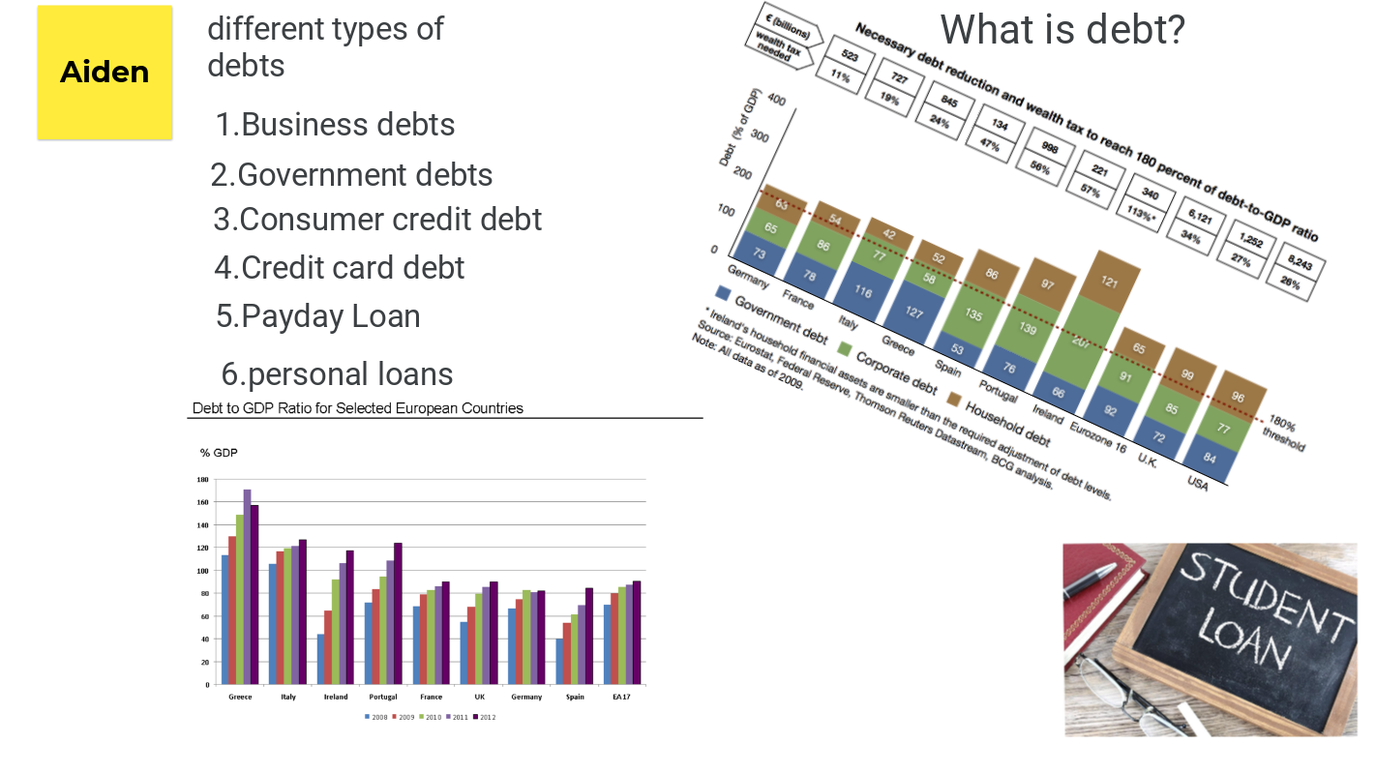
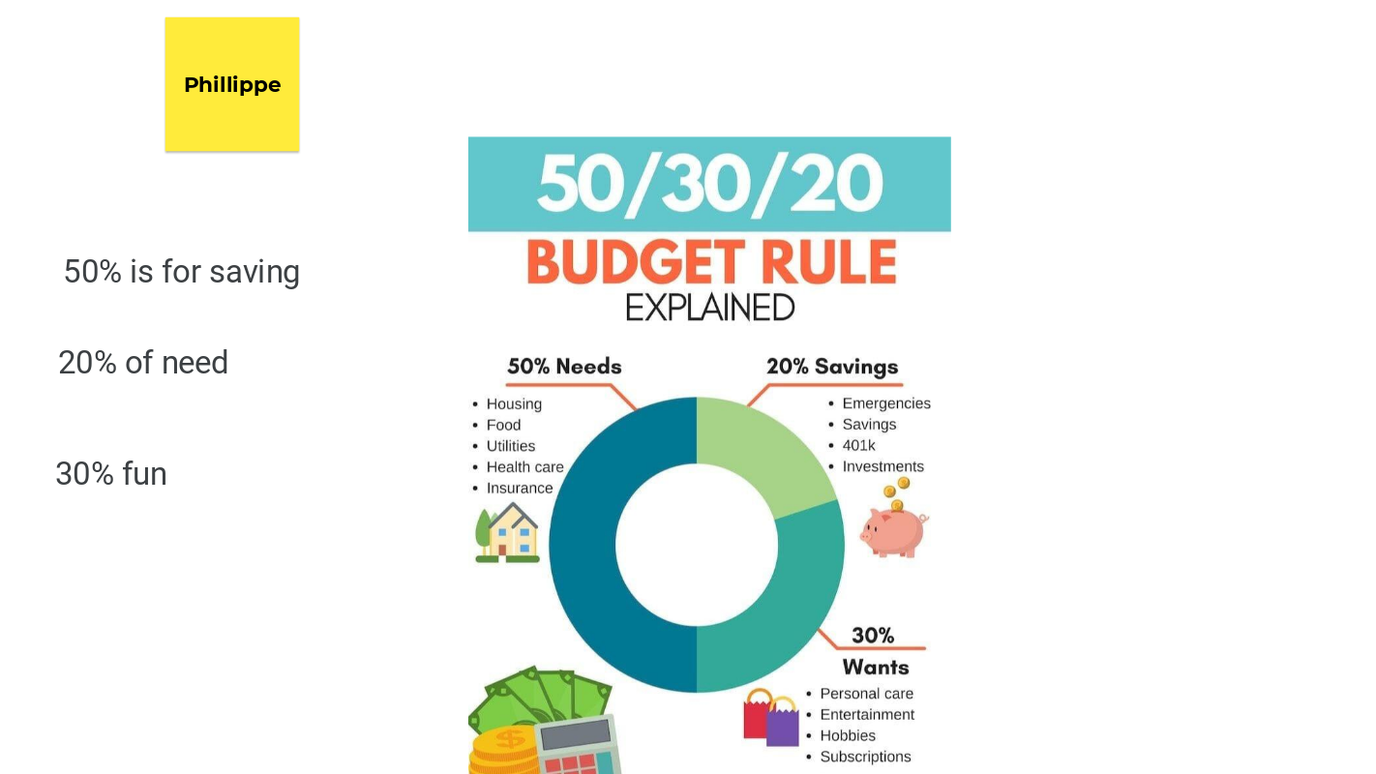
Year 8 PSHCE - Digital Literacy
This term, Year 8 students have studied Digital Literacy in their PSHCE lessons. We have explored themes of fake content on social media and fake friends and the dangers of online grooming. They have developed their critical thinking skills, by questioning what is real and reliable and what is fictitious and untrustworthy. Here is some of what our students have learnt.
Nicole Year 8
- What is Critical Thinking? The ability to effectively analyse information and form a judgement.
- What is fake content and what impact does it have on people? It's when people make fake content to get attention and views to become popular even though everything they're doing is fake on the internet.
- What is online grooming? Where someone befriends a child online and builds up their trust with the intention of causing them harm.
- Consider the stories of Kayleigh Harwood and Breck Bednar, what can we learn from this? Not everyone on the internet is your friend and listen to your parents cause they know what's right for you.
Denis Year 8
- What is Critical Thinking? Critical thinking is a kind of thinking in which you question, analyse, interpret, evaluate and make a judgement about what you read, hear, say, or write.
- What is fake content and what impact does it have on people? Fake news or information that is false. There are many fake and misleading news stories related to medical treatments and major diseases
- What is online grooming? where someone befriends a child online and builds up their trust with the intention of exploiting them and causing them harm
- Consider the stories of Kayleigh Harwood and Breck Bednar, what can we learn from this? Never go online and meet people without supervision or without an [trustworthy] adult.
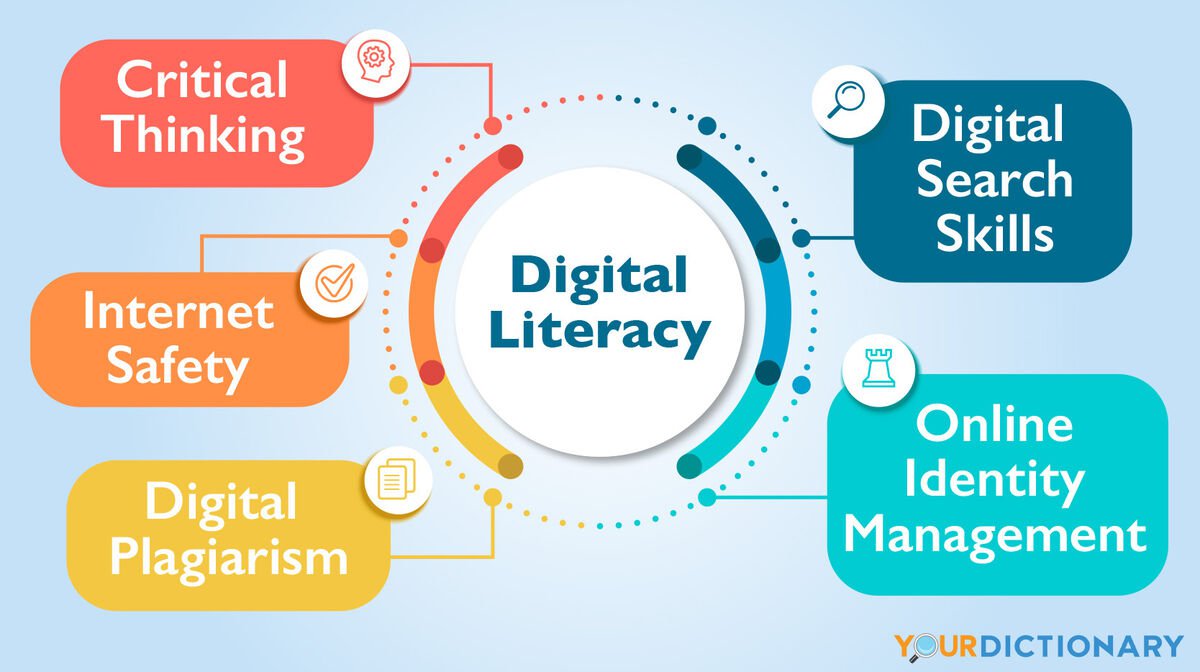
Year 9 PSHE - Developing Employability Skills
Welcome to our Year 9 PSHE newsletter! This half of term, we have been focusing on developing essential skills and knowledge that will set the foundation for our future careers. Here is a snapshot of what we have covered:
- Key Employability Skills
In today's competitive world, certain skills are crucial for success in any career. We have explored skills such as teamwork, communication, problem-solving, and time management. Developing these skills now will prepare us for the challenges and opportunities ahead.
2. Understanding Online Presence
Our digital footprint matters more than ever. We have learned about the importance of managing our online presence responsibly. From social media to professional networking sites, understanding how our online actions can impact our future is essential.
3. Creating a Professional Online Image
Building on our understanding of online presence, we have focused on crafting a professional online image. We discussed strategies for presenting ourselves positively online, including using appropriate language, showcasing our skills and achievements, and maintaining privacy.
4. Job Searching and Application
Preparing for the job market starts with knowing how to effectively search and apply for jobs. We have explored different methods for job searching, how to tailor resumes and cover letters to specific roles, and the importance of networking both online and offline.
Mr. Oloo
Business Studies teacher
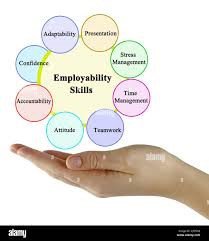
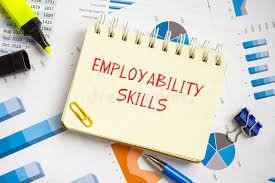
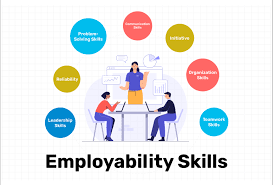
Year 12 PSHCE - Health choices and Safety
In our PSHCE lessons this half of term we discussed the following topics: living independently, road safety and equal opportunities to be healthy.
Students started by completing a baseline assessment to find out what their prior knowledge on the topic was. We then delved into various activities including independent research, studying scenarios and finding solutions or giving advice, discussions and case studies.
It was fascinating to discover what living independently meant to the students and to discuss what it looked like. We explored the aspect of personal safety when living alone and listed ways of staying safe such as considering safety tracking apps when going home alone late, being aware of our surroundings, staying informed and getting involved in the community. All students mentioned wellbeing and were able to give tips to look after themselves and their mental health.
When looking at road safety, all students were able to share sensible ways of staying safe on the road and discussions were dynamic when reviewing different scenarios. Once again, the topic of personal safety came into play and students were confronted with scenarios describing situations where the driver puts others in danger because of their own actions. They had to explain what the driver could have done differently and what they should do to stay safe if they had found themselves in that situation. Keeping the learning in context, we reviewed the Kenyan laws on that topic.
This week we explored the questions: What does it mean to be healthy? Define Fair and Equal Opportunity. What does it look like?
We also explained how some key words given related to the topic and how they were linked together. For example: link finances + food + health, saying “more money = able to buy a greater range of healthier food = improved physical health”.
We also talked about what to do when one is always tired and not getting enough sleep. Students said that they should not always go to bed late even if they have a lot of work. We then gave tips to fall asleep easily if one goes to bed earlier than usual and cannot fall asleep, for example exercising, doing some sport during the day, reading, listening to relaxing music and stopping all screens one hour before bed.
Mme Mwangi

